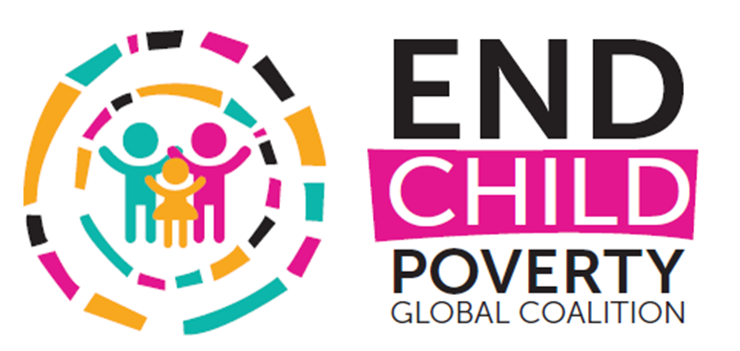Early Marriage
Young Lives is an international study shedding light on the drivers and impacts of child poverty, and generating evidence to help policymakers design programmes that make a real difference to poor children and their families. We take the opportunity to hear from a Young Lives participant and hear how early marriage can disrupt the lives of adolescent girls.
“I plan to go back to school next year if my husband allows it...I want to create my own job, for example, my husband promised me that I could open a shop. I don’t want to stay at home and rely entirely on him”
Although 18 is the legal minimum age for marriage in Ethiopia, many girls are married before they are 15, particularity those in rural areas and from poorer households. Seble comes from a rural area and was married when she was 15, subjected to a tradition known as ‘voluntary abduction’, in which young women and girls are kidnapped by their husbands-to-be. Soon after the forced union she fell pregnant.
“It is not good. At the age of 15, we don’t know enough. It may create complexities during labour and delivery”
Early marriage and pregnancy prevented Seble from pursuing her education and achieving her ambitions. Her family's acceptance of the union was a direct consequence of poverty. As long as people are poor, early marriage may continue to be seen as the rational option by many parents, who feel that girls have few choices. Marriage is seen as creating family alliances and provides financial support through bride wealth payments. For some marriage is also considered a way of protecting their daughters from pre-marital sex and the stigma of pregnancy while unmarried. Seble was also subjected to the illegal practice of female genital circumcision at the age of 12. She descirbes the practice as a componant of preparing girls for future husbands.
“people have the attitude that if a girl is not circumcised, she may become undisciplined after marriage”
Seble is now 20 and has a 2-year-old daughter that she adores but says the pregnancy was unplanned due to not being able to access contraception when she needed it. She wishes that she had been able to pursue her education, gain opportunities that could benefit herself and her family, she does not want to be reliant on her husband.
Between 12-23 March the 62nd Session of the UN Committee on the Status of Women focuses on the “Challenges and opportunities in achieving gender equality and the empowerment of rural women and girls”. Check out information on side events being held by Young Lives and IDS;
- The Impact Initiative side event: How can we improve the life choices of women in rural Africa, 20th March, 10:30 - 12:00
- Young Lives side event: An Agenda to Empower Rural Girls, 21st March 13:15-14:30

